Out of Nuremberg’s 1324 streets named after people, only 103 are named after women, that’s just 7.8% of the total. Many of these refer to Catholic “holy” women or names that have Old High German or mythical origins. If we’re looking for the names of ‘real’ women in history, then we’re down to 3%, that’s just 44 streets.
In the “Women Street Networks” online lecture organised by Nuremberg Education Centre on Thursday, 26 November 2020, from 7 to 8:30pm, speaker Nadja Bennewitz will introduce women who have already been honoured with a street name. Furthermore, a “wish list for the future” will be created paving the way to a gender-democratic urban memory space by remembering other historical women. Any interested person can submit proposals in advance by email, regardless of whether they attended the lecture or not.
Remembrance culture is an open process in which many individuals are involved. They shape the collective memory of a society but act within a culturally predetermined framework that is currently still traditionally male. Yet the culture of remembrance – and this includes naming streets after historical figures – is determined by contemporary conditions.
All interested citizens are called upon to participate and propose Nuremberg women they consider worthy of mention. The results will be presented in the online lecture, but the submission of proposals is not bound to participation. In order to participate in the “Wish List for the Future”, it is sufficient to send a short email with the subject “women’s street name” and the women’s name, biographical notes and a brief justification for the proposal to bz-info@stadt.nuernberg.de.
Nadja Bennewitz is a historian and research associate at the Chair of Didactics of History at the Friedrich-Alexander University Erlangen-Nuremberg. Her research focuses on women and gender history (in particular local and regional history) and on working with contemporary witnesses from Germany and Italy on the period of National Socialism, fascism and the post-war period.
Participation in the lecture costs 8 euros, information and registration at www.bz.nuernberg.de, course number 20322. The event will be available online in the live stream. Registered people will receive detailed information in advance by email on how to take part in the online lecture. Technical requirements for participation are a computer, tablet or notebook (smartphone if necessary) with a camera, microphone and Internet access as well as an email address.


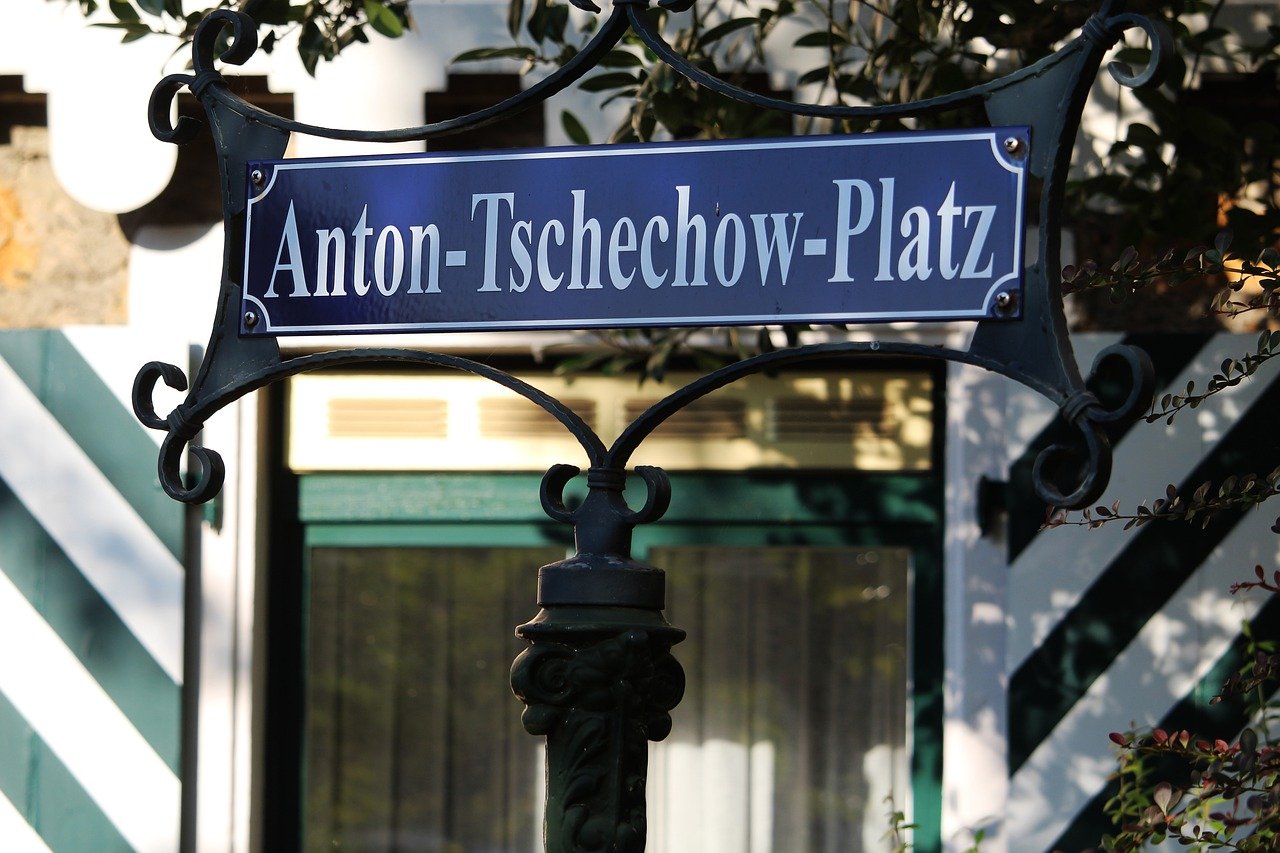
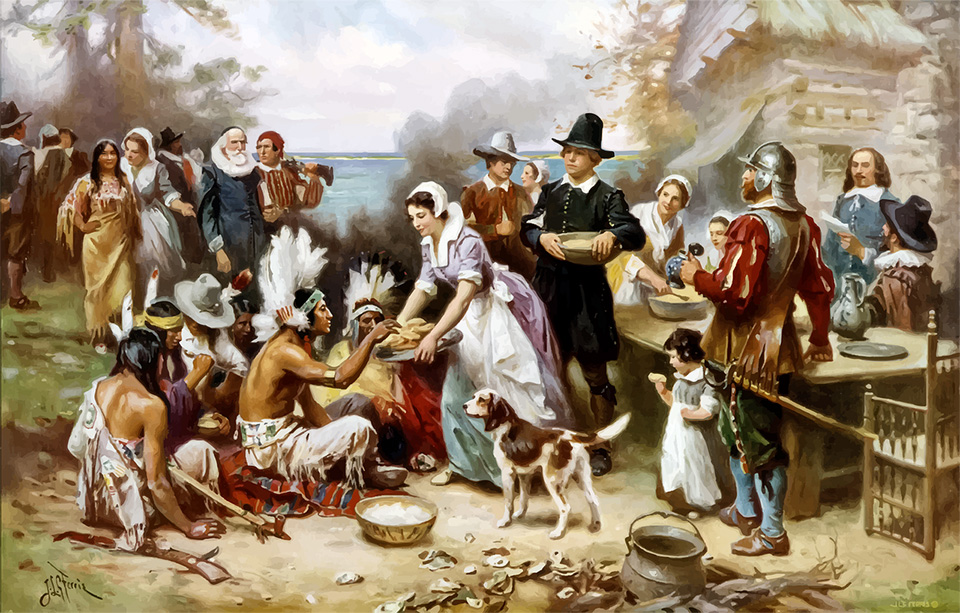
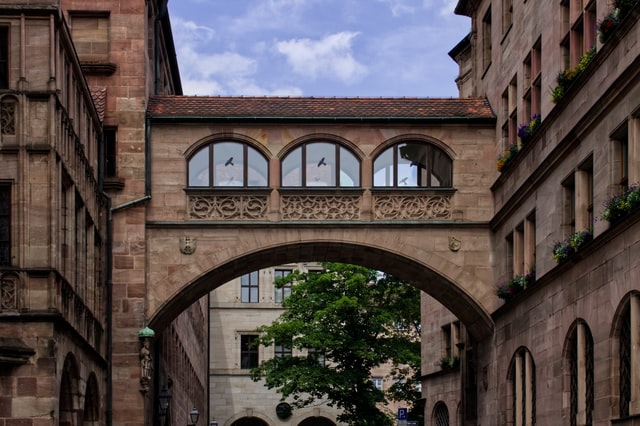

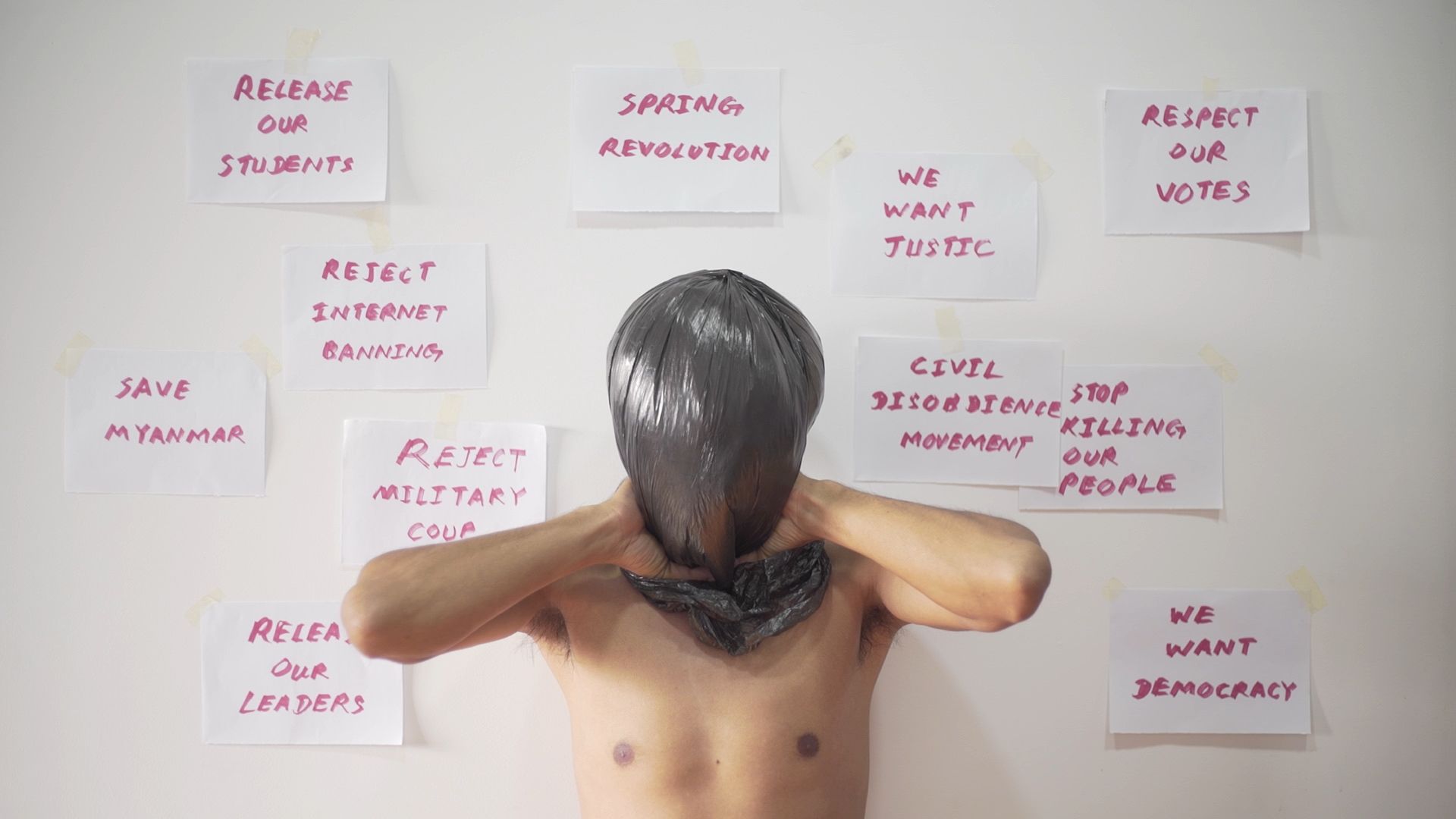
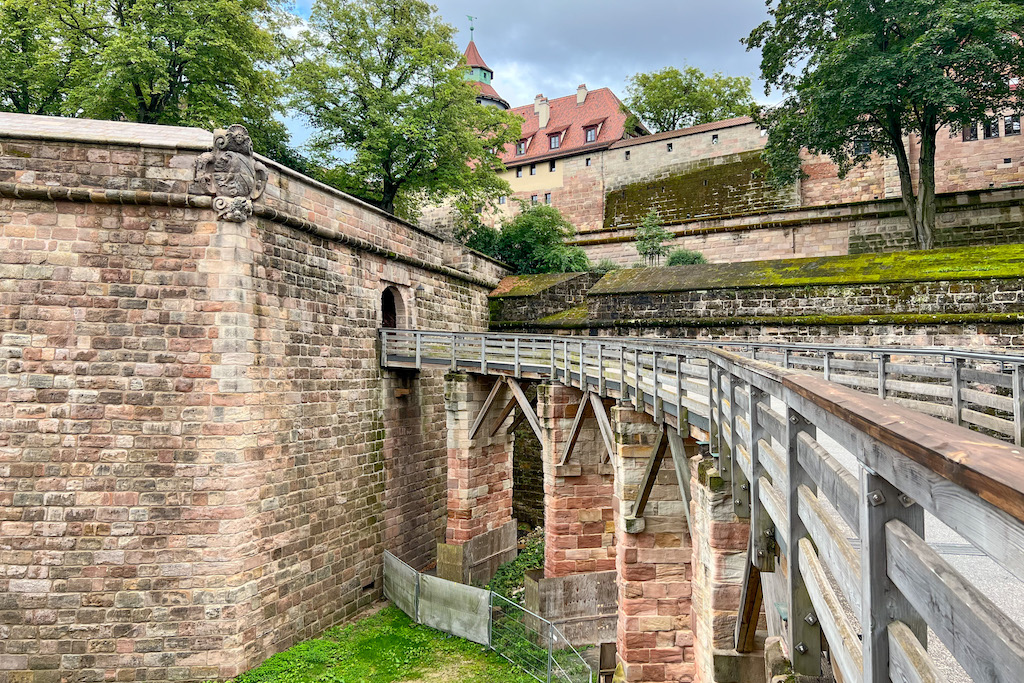
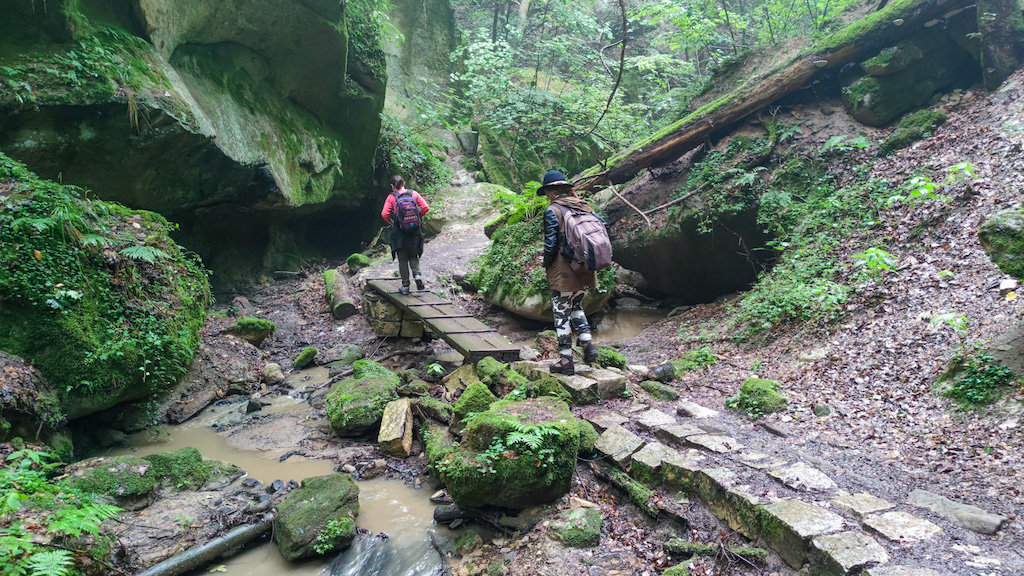
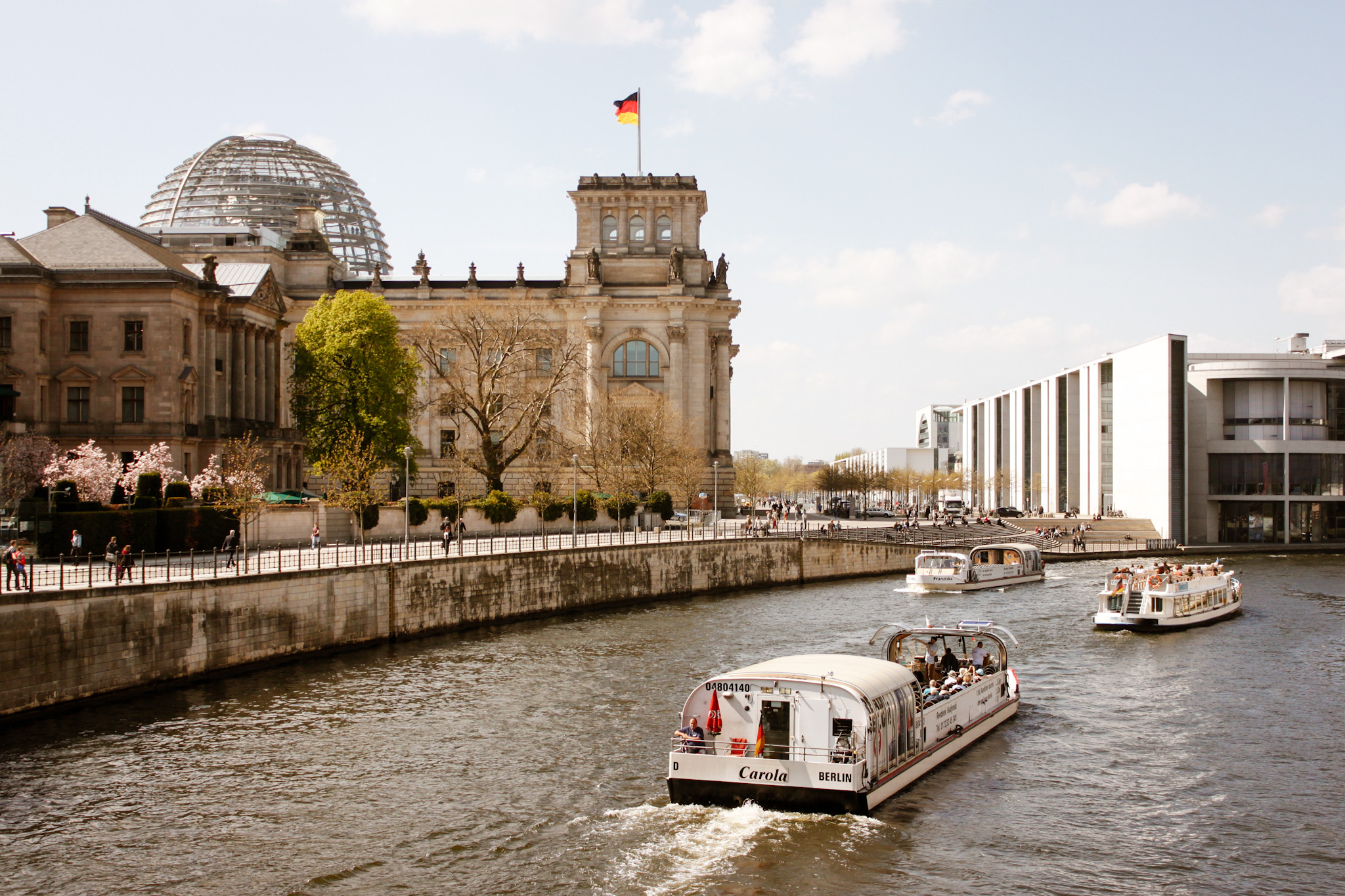
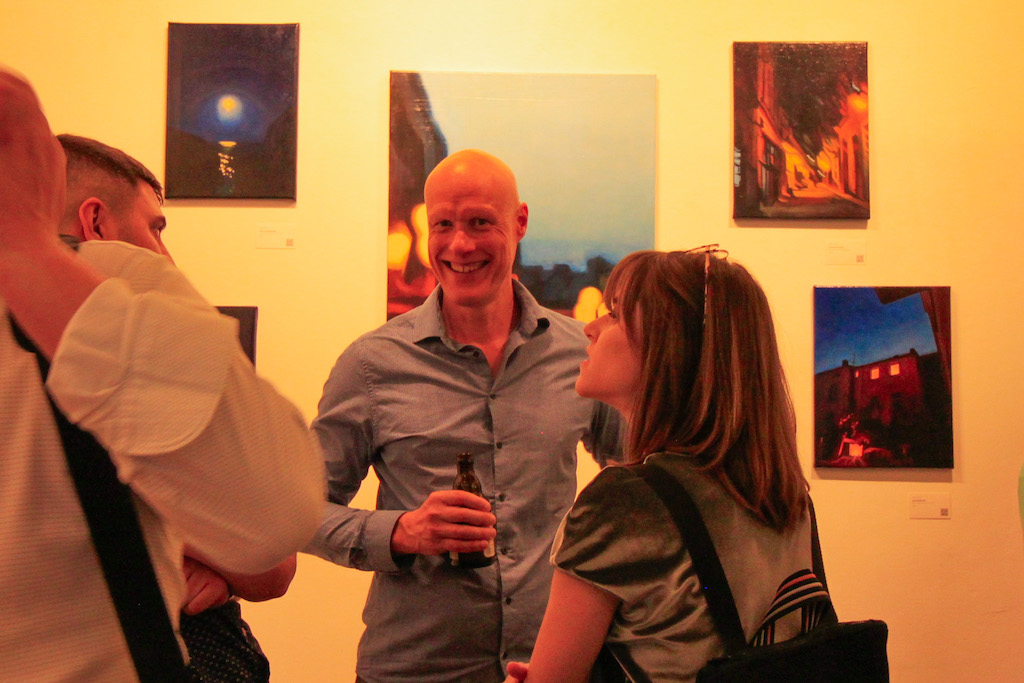

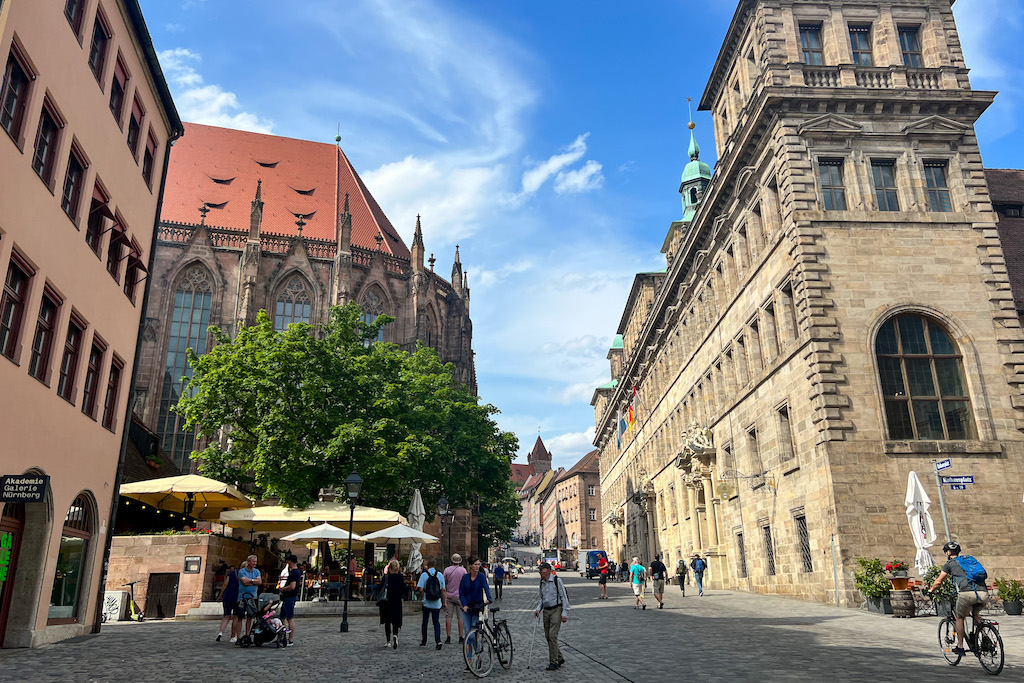

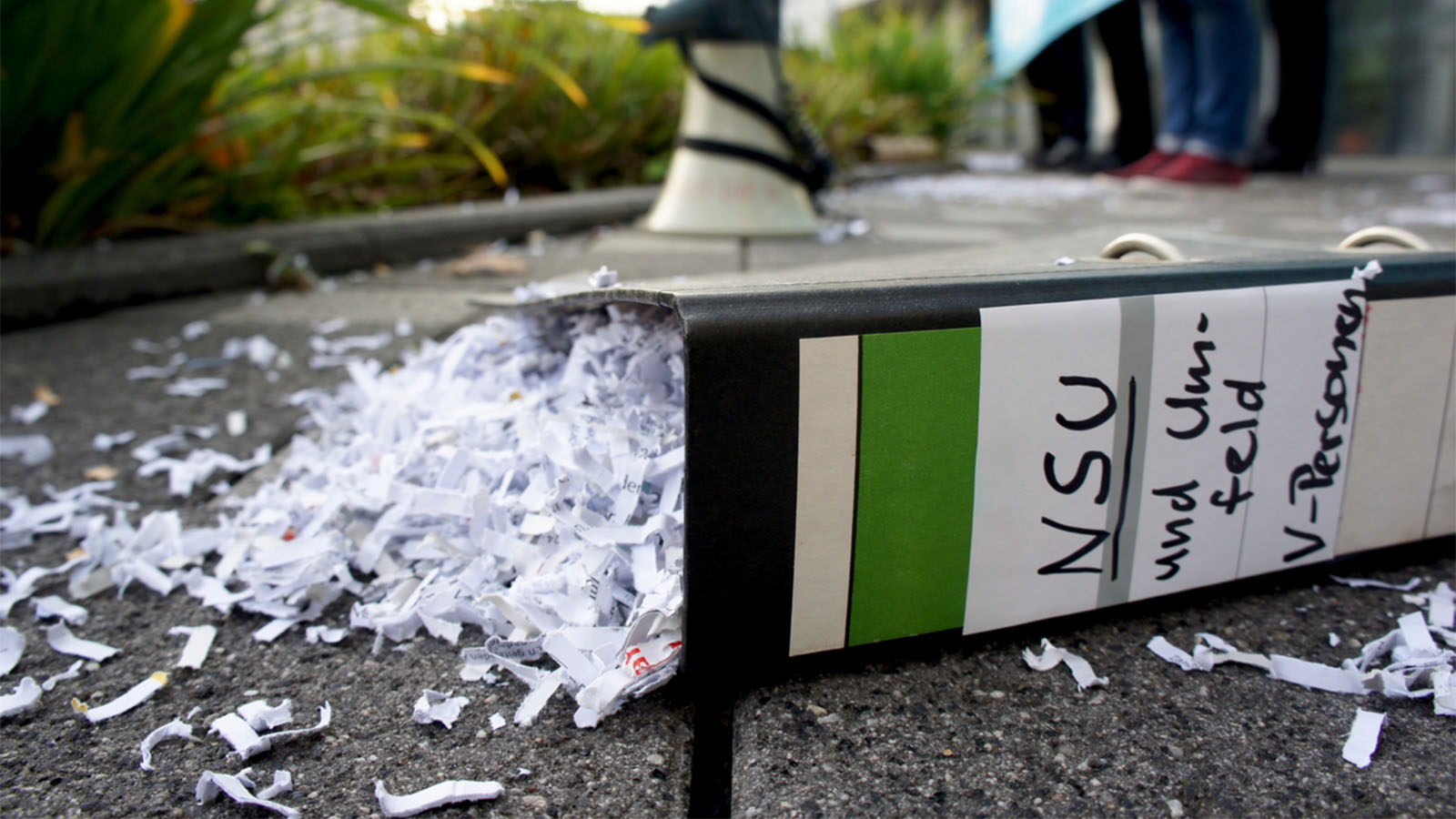
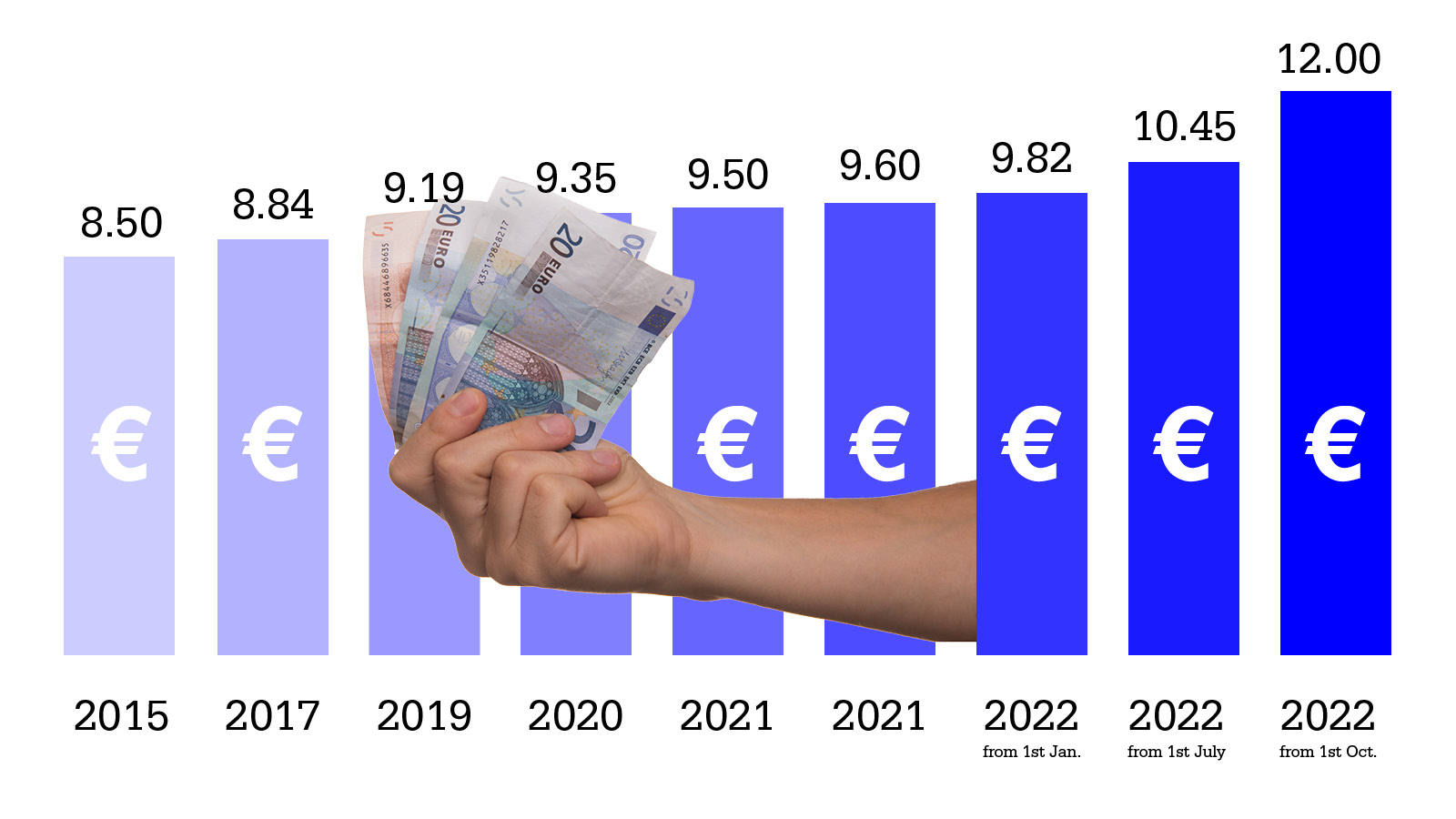
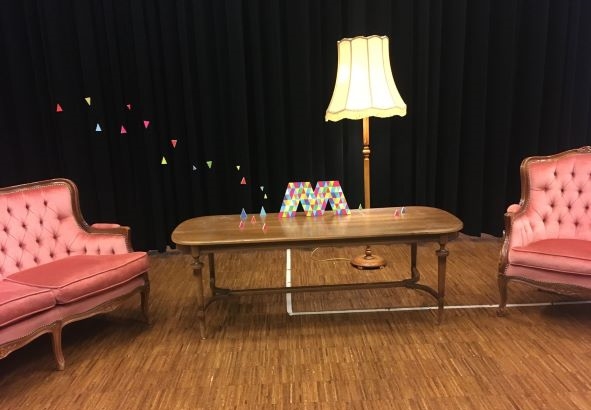

https://www.fembio.org/
If you are searching for a database on famous women, please check out this website.
We celebrate famous men all the time, but it is time to remember those womens’ contributions just the same.
https://www.fembio.org/biographie.php/frau/specials/frauen-aus-nuernberg/